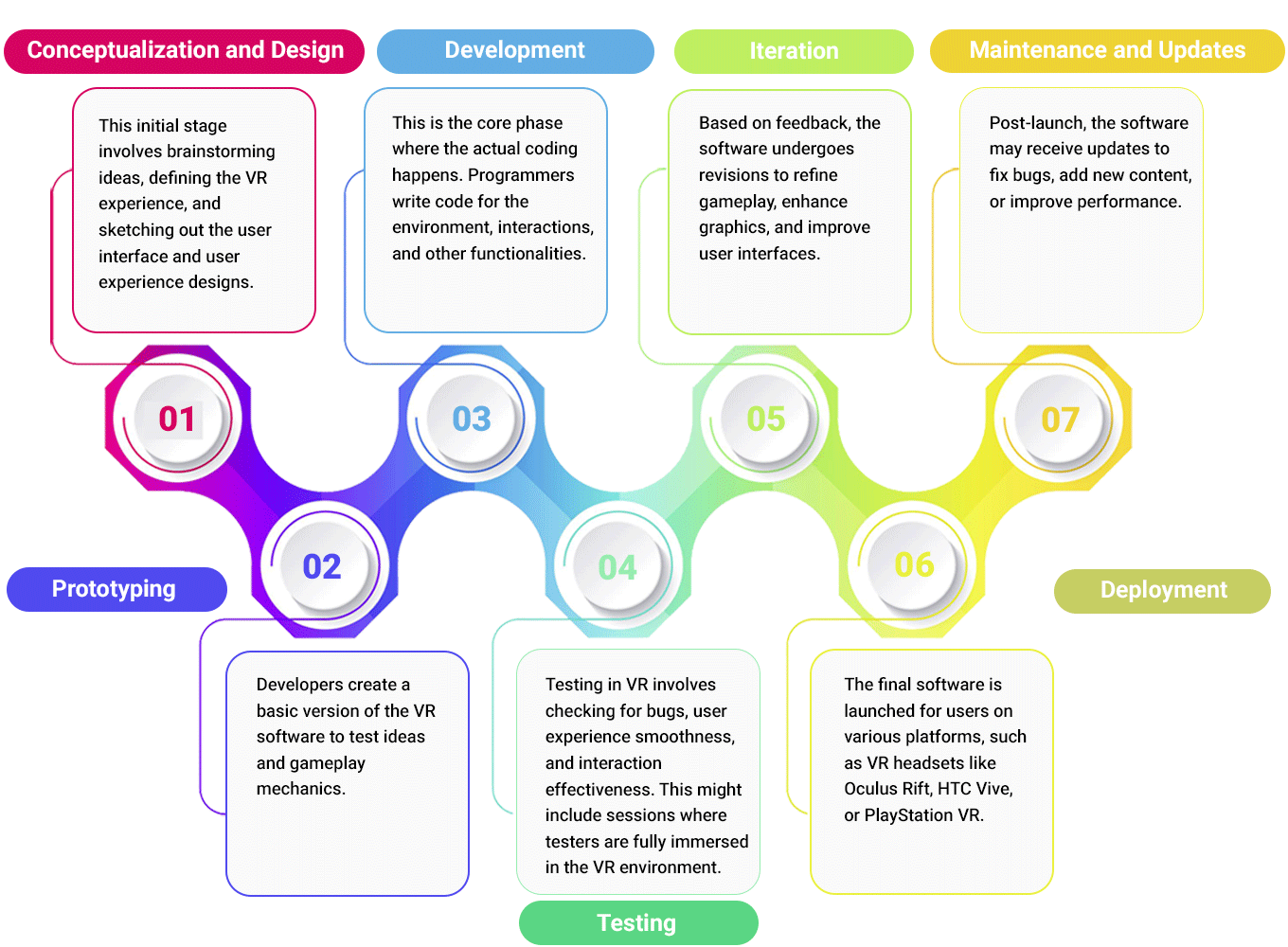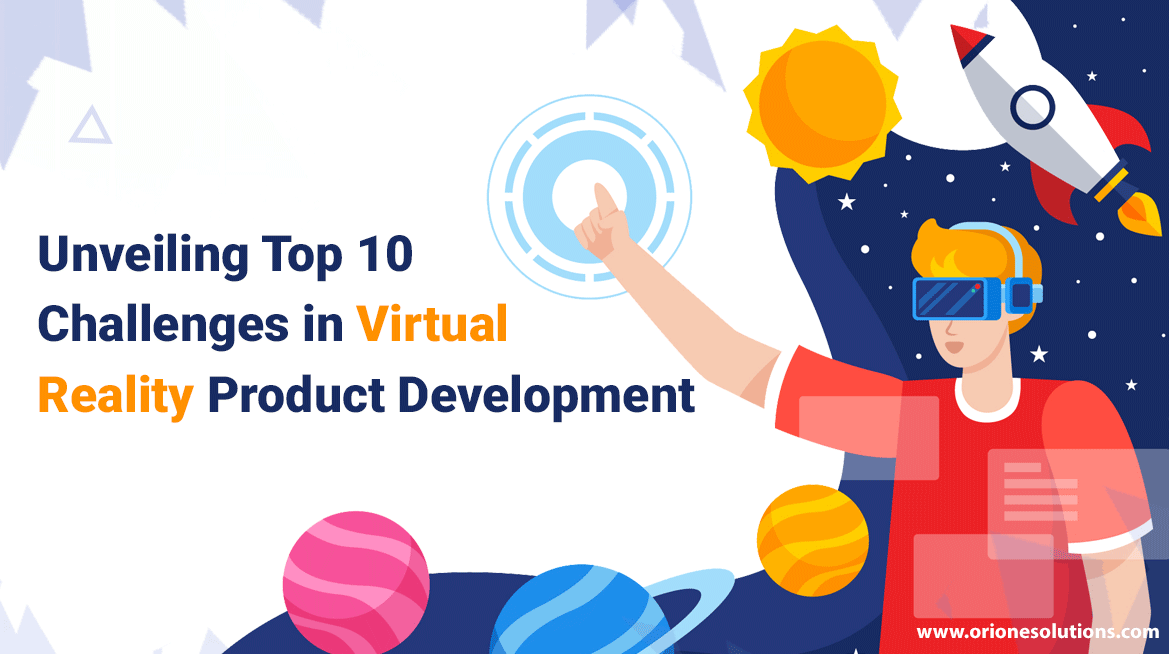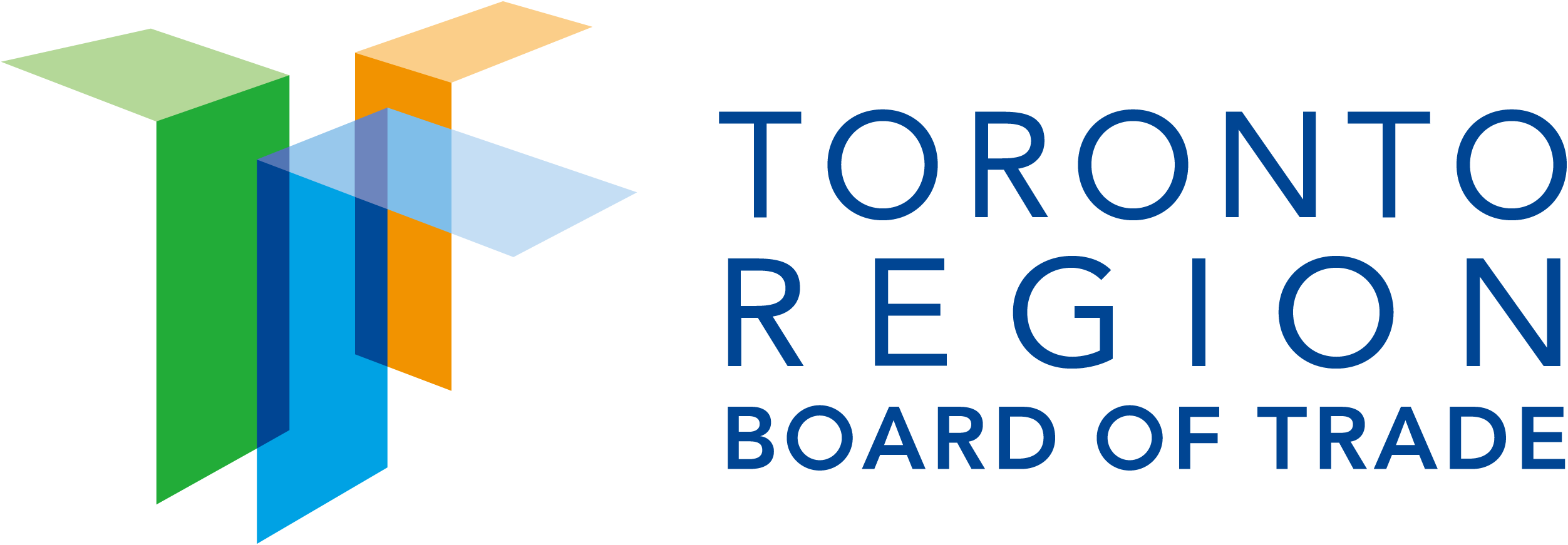Virtual Reality is an emerging technology that has opened a plethora of opportunities for creativity, interactions, and innovation. VR has many use cases including entertainment, tourism, education, healthcare, and beyond. Alongside this, varying supportive integrations like Blockchain and IoT have been continually contributing to improving user experiences.
According to Statista, the global VR market value is projected to reach $58.1 billion by 2028, with over 3,674 million users globally. All this showcases the potential of investing in immersive VR solutions to stay competitive.
However, with many benefits offered, various challenges come in the way of VR product development, hindering the expansion of such technologies.
So, in this blog, we will cover the potential obstacles in developing a Virtual Reality product and how these can be resolved.
Common Challenges in Developing a Virtual Reality Product
Expensive VR Product Development
High-quality VR product development costs come as one harsh hurdle to deal with. While the cost for basic Virtual Reality product development ranges between $15k-$25k, many more factors contribute to the raised quotes. These include the creation of 3D models and interactive environments for delivering qualitative virtual reality experiences.
Here, businesses need to discover various cost-efficient alternatives like web-based or 360-degree video experiences. In addition, building partnerships with VR studios or refining existing platforms can save money.
One best example of the VR experience is IKEA. The brand enables its customers to explore various kitchen products and design layouts via its website ensuring accessibility and increasing customer reach.
Learning Curve
Think of VR and what probably will come to your mind is either wearing a headset or browsing through and trying on the clothes virtually on an eCommerce store. However, not all users know how to access headsets or explore the VR-enabled app or website, impacting sales and overall growth.
As a result, to ease the learning curve of VR products, developers need to make resources like guides or tutorials. They may invest in acquiring new skills to build user-friendly solutions with a minimal learning curve.
Data Security Issues
VR product development is one thing. Upon the product release, its usage involves gathering and processing users’ personal and sensitive information like name, location, actions, preferences, and more. As a result, various concerns arise regarding security, privacy, transparency, etc., making people hesitate about sharing the details and lacking interest in virtual reality.
Here, businesses considering Virtual Reality product development can overcome this challenge by:
- Adhering to rules and regulations and following best development practices according to the industry and geographical location.
- Informing the target audience about the product purpose, and the objective of data collection, and requesting consent before utilizing their sensitive data.
- Ensuring best practices are utilized to safeguard users’ data from any breaches.
For example, if you have an eCommerce business, delivering a personalized shopping experience employing VR will require ensuring safe encryption of user data.
Hardware Limitations
The demand for immersive experiences is growing rapidly. However, VR hardware limitations have made it more intimidating than ever to meet the customer’s expectations in terms of comfort and accessibility. Traditional hardware was bulky and tethered, causing discomfort. These limitations further cause challenges like poor internet connectivity, device incompatibility, poor images, etc. Furthermore, VR experiences depend on the capabilities of the hardware. However, not all devices possess similar graphics and tracking accuracy-like capabilities.
So, the solution to this barrier can be optimizing the Virtual Reality content for multiple devices and implementing dynamic quality settings. Moreover, build design experiences that overrule the features and graphics depending on the hardware’s capabilities.
Complex User Interfaces and Interactions
VR products must have intuitive and responsive user interfaces and customer interactions required for a suitable VR sphere. However, designing and implementing user interfaces and interactions in VR seems challenging. The reason is VR developers need to count on various parameters such as user convenience, type of the device they use, and their expectations.
Here, overcoming this challenge will require VR developers to employ the best practices possible and ensure adherence to strict guidelines. These include:
- Employing 3D user interfaces consistent with the VR environment and user’s perspective, instead of using 2D user interfaces.
- Utilize gesture-based interaction that enables users to interact with objects with controllers, hands, and various other input devices rather than relying on buttons, menus, or pointers.
Content Quality and Relevance
Poor content quality and zero relevance negatively impact the customer experiences. Many virtual reality software or apps come with short or no technical demos or tutorials. This lack of content leads to reduced interest of customers and hampers the business growth as a whole.
Here, overcoming such a challenge and ensuring your introduced VR product gains success will need content quality high and information that matches your brand goals and identity. Also, create VR content that resonates with your target audience’s preferences, needs, and interests.
For instance, you run an eCommerce store for clothing. You can develop a VR experience that enables customers to explore the brands and try on the clothing they like. Besides, segmentation and personalization can help tailor the content for customers of different genders, age groups, and sizes.
Performance and Optimization
Virtual Reality applications must perform optimally accompanied by low latency to deliver real-time experience to the users. However, generating detailed and relevant visuals in VR requires resources and is highly pricey.
The solution to this challenge is to develop or optimize the VR solutions employing techniques like texture compression, level of detail, and more. These strategies help minimize the count of textures and polygons that influence the solution’s overall performance.
Multiple Factor Considerations
Several reasons influence the cost of VR product development. For example,
- App’s complexity is one factor that influences the cost of Virtual Reality applications or software development. The higher the complexity, the more time required for product release.
- Choosing the VR-prioritized platform again comes as a necessity. Though selecting from options like Oculus Rift, Google Cardboard, and more may be costly, it would probably benefit in terms of ROI.
- App’s use cases again impact the development cost. Developing solutions for the gaming industry at present is highly expensive as compared to other industries.
Besides, if the company you hire for VR development services is renowned and well-versed in delivering best-in-class VR solutions, the higher the prices will be but money would be worth the investment.
Health Concerns
Health and safety is another challenge that comes with VR technology. Prolonged VR sessions cause motion sickness, eye fatigue, and other illnesses. Furthermore, Virtual reality solutions may not be ideal for young children, all due to the risks of health concerns.
Here, implementing anti-aliasing, breaks, and blue-light filters can help reduce the risks of eye fatigue. Besides, the solutions must be designed considering the age groups for which it is being developed.
Complex Software Development Process
VR product development process includes complex steps such as the utilization of different frameworks, programming languages, and platforms. Software also needs to incorporate varying sensors, and device inputs for customer experiences, ensuring little to no errors or bugs.

Optimized algorithms and large amounts of data would be required to deliver natural interactions, realistic simulations, and engaging experiences. In addition, software upgrades and maintenance are essential to ensure continuous delivery of adaptive experiences.
All this presents multiple design and development barriers along with the user experiences at risk. Here, having a reliable VR product development company can help simplify the process, providing all the resources and expertise required to fulfill the expectations.
Wrapping Up
Virtual Reality and exceptional experience combined bring new and captivating opportunities to the door, especially in this growing digital age. While VR is not gaining sufficient momentum in the present age, businesses capable of overcoming these barriers can dominate this growing market and further expand.
You can seek assistance from experienced developers or outsource the VR product development project to a renowned software development company. Orion eSolutions is a leading company whose talent pool employs the best technologies and techniques and works tirelessly to resolve these challenges and deliver the VR products that help achieve a competitive edge.










